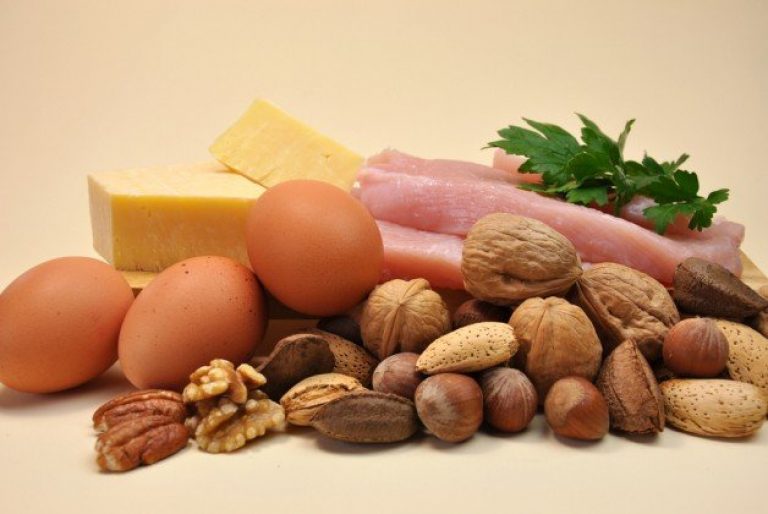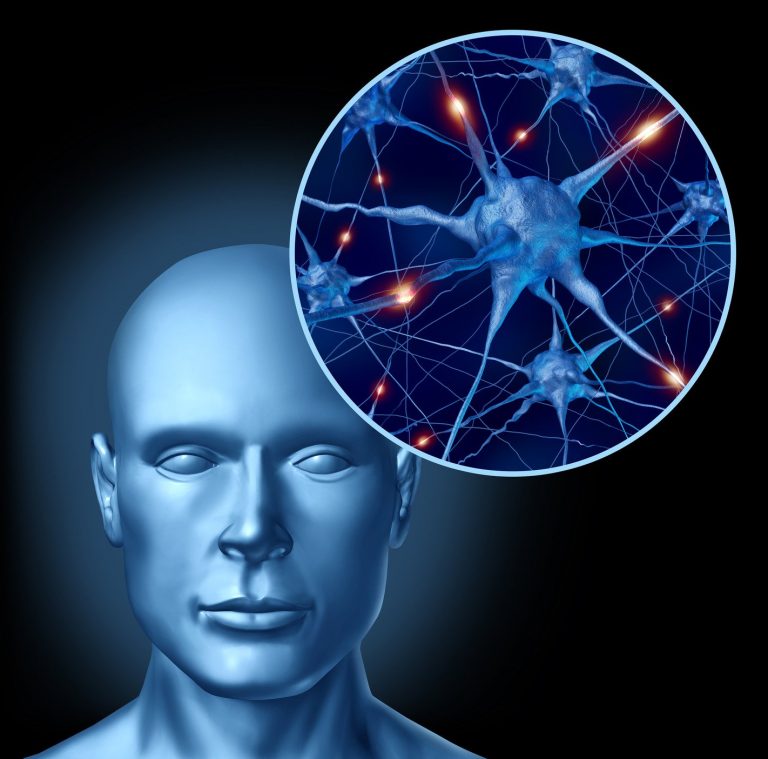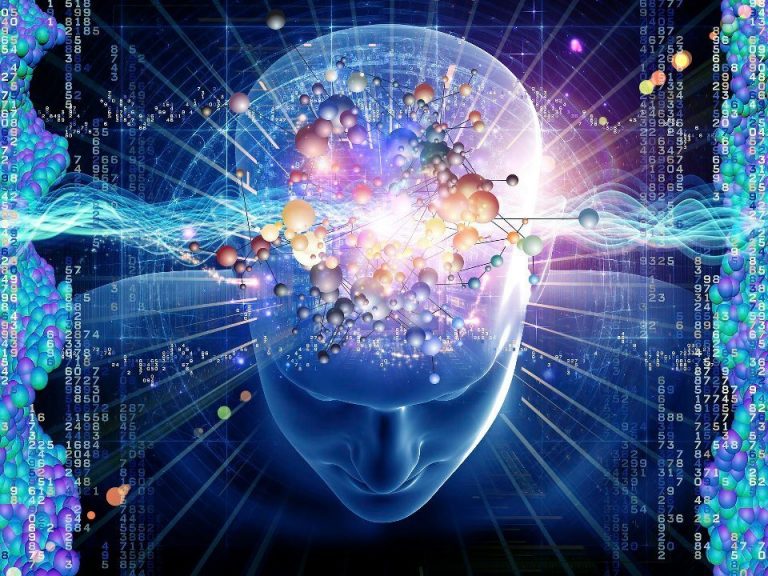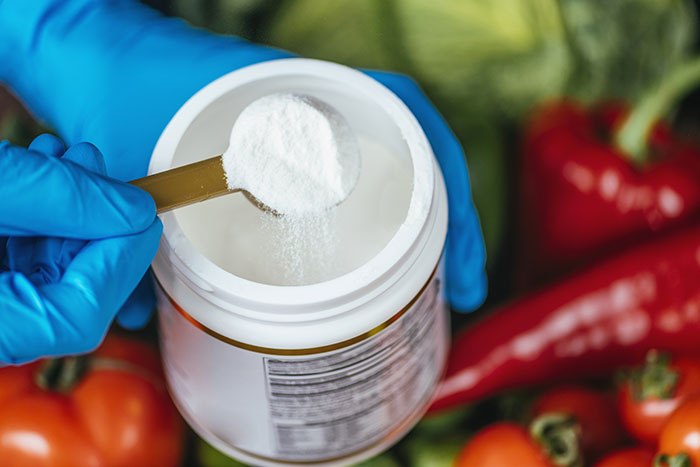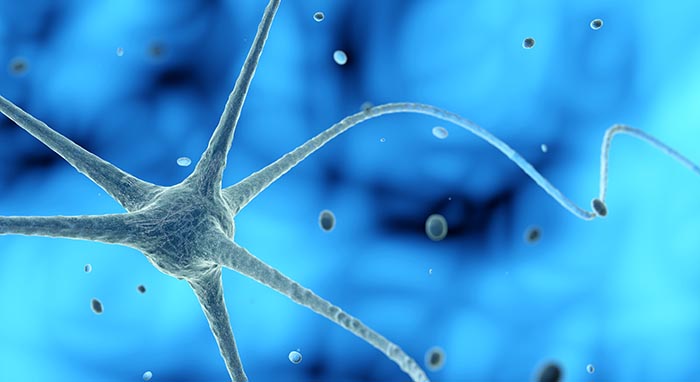Why I’m No Longer Vegan
Hello Wellness Warriors. I’m going to dive into one of the most controversial topics that is sure to fire up some heated debate.I’m going to share with you the reasons why I’m no longer vegan and some science that may help you evaluate if a vegan diet is right for you.
The number of adopters of a Vegan diet has been growing in popularity over the years. And while the sentiments of sparing animals and preserving the environment is admirable, is a vegan diet actually healthy for most people? Is veganism actually the best practice when it comes to compassionate eating?
So in this video, I’m going to explore some nutritional science and biochemistry that sheds light on this debate by sharing the Pros and Cons of a vegan diet. Then, I’ll share with you my personal reasons why I’m no longer vegan after 10 years of being plant-based.
Now before you stop reading this article thinking I’m going to be bashing veganism, hear me out. I am a huge animal lover and environmental advocate. I’m also a health enthusiast and scientist. So if you have the courage to explore the topic with me in a way that is open-minded and balanced, please keep reading because your input is important in this discussion.
Nutrition on a Vegan Diet
PROS
Veganism has many health benefits including increasing intake of healthy vegetables, lowering exposure to potentially unhealthy ratios of saturated fats, and reducing intake of antibiotic and hormones additives for me. We can all agree that this is a good thing.
Stressed out animals produce stress hormones which is not good for us. Grain fed animals have different ratios of omega 3/6 fatty acids which can contribute to inflammation.
Animal products contain an amino acid called methionine which is not found in plant-based foods. And while methionine is an important nutrient, high intake of methionine is associated with shorter lifespan in mammals.
CONS
Now unfortunately, theres some things that plant-based foods cannot do for us. Theres a handful of nutrients that are just flat out missing from plants, and a number that are scarce or in difficult forms to absorb.
I mentioned methionine earlier, and while the more of it you consume, the shorter your life span may be, it does also do some important things like build proteins and important molecules such as SAMe and glutathione. It’s one of 2 amino acids that contains sulphur and your body can’t make it on it’s own so it must come from your diet.
Creatine is another good example of a nutrient you can only get from animal products. It’s fundamental to a number of different processes involved in neurotransmitter production, digestive health, skin protection and brain health.
And of course there’s the infamous vitamin b12 that all vegans know about. It’s fundamental for brain and nerve health and is crucial for the formation of red blood cells.
You also cannot get vitamin D3, carnosine, taurine and DHA from plants.
While things like tryptophan, tyrosine, B vitamins, choline, zinc and iodine are present in plants, they are often in very small quantities and not able to meet the nutritional needs of most people alone. Meat provides much more substantial concentrations of these nutrients in ways that plant’s cannot.
Plant-based foods also do not contain cholesterol, which based on conventional belief would actually be a good thing. Well, actually cholesterol is important for the production of a number of hormones, and while you can make cholesterol in the body, there are likely still some serious implications from having a cholesterol free diet.
Studies show that levels of depression and anxiety are higher in vegans and vegetarians, in part due to the nutritional deficiencies that are common from a strict plant-based diet.
The Form of the Nutrient Matters
Also, the forms of vitamins and minerals in plant’s is not always in the form that is the most bioavailable and appropriate for the human body. For example, plant-based iron is very different than heme-iron found in meat. Non-heme iron found in plants is about 3x less bioavailable than heme iron found in animal products. And given that iron deficiency is such a common problem that affects memory and cognition, this is an important one to watch out for.
Another example is that plants contain the form D2, which requires our body to do extra work and convert the vitamin to the form D3 in order to utilize it. This is also the case with K1 being available in plants, when we need the K2 version.
Plants do have superior superior supplies of vitamins E and C, so I’m certainly not encouraging you to ditch the kale!
The good news is, you can buy a majority of these missing nutrients as supplements, however it is debatable if taking them in their individual forms is as ideal as consuming them as natural meat sources where the ratios are balanced and encourage better absorption.
Inflammation and the Vegan Diet
PROS
Another benefit of the vegan diet is that it removes 2 of the most common allergenic and inflammatory foods for people. Dairy and eggs. I personally think dairy is an evil food and recommend anyone having less than optimal health to consider eliminating it from their diet. And while I don’t have the same hatred for eggs, because they are a very nutritious food, they are one of the most common allergens that people are often unaware that they have.
Having chronic immune responses to these potentially allergenic foods definitely takes a toll on the health and can contribute to chronic inflammation, autoimmunity and illness. My guess is that one of the reason’s people who switch to a vegan diet feel better in the beginning is the fact that they’ve now eliminated 2 potentially inflammatory foods that were causing them issues.
CONS
Now, conversely, without animal protein, vegans tend to eat more grains and carbohydrates. This can actually cause it’s own array of problems. Many plants, especially grains contain inflammatory proteins that are meant to protect the plant from being eaten. Plants also produce a number of anti-nutrient compounds that bind to essential nutrients such as iron and zinc, and actually strip the body of the ability to absorb the nutrients in the plant-foods.
Because the quantity of protein and nutrients in plants in so much less, vegans tend to have to consume more simple starches and carbohydrates in order to meet their needs for protein and minerals, which can end up resulting in feeding bacterial or yeast over growths, as well as reducing insulin sensitivity and contributing to metabolic issues.
Vegans may find them selves craving sugar more because they are not getting sufficient amounts of tryptophan, which is the starting material to make serotonin. Sugar increases tryptophan absorption, and so one may experience cravings for it as a way of trying to get more tryptophan into the cells, which will then downstream cause more health consequences.
Agriculture Practices Matter
There is no doubt that animal-raising agriculture is part of a huge environmental issue. Toxic run off in to rivers, burning of fossil fuels, clearing of rain forests, methane gas production are all very real problems. However, the argument that all meat production is equally devastating to the environment is just simply not true.
Certainly different farming practices and different animals offer different insults. While grain fed cows produce lots of methane, grass fed cows transform abundant and otherwise unavailable nutrition and convert it to healthy meat as well as engage in a symbiotic relationship with carbon recycling into their environement. Truly free-range chickens are fundamental participants in sustainable permaculture practices where they eat insects from crops, aerate the soil and fertilize as they go.
Some say grass-fed beef is the most vegan food you can eat, as it spares thousands of animals who are killed in the harvesting process of grains to feed cattle. It also helps maintain natural grasslands in a sustainable way, unlike mono-crop farming of cattle grains such as corn, wheat and soybean which depletes soil and leaves land unfarmable after a few years of use.
It is apparent that the biggest issue with modern agriculture is the excessive burning of fossil fuels. That’s the first thing that needs to be addressed. And the evidence suggests that sustainable raising of farm animals for food may actually be part of the solution to healthy farming practices.
Spiritual Perspective
A vegan diet undoubtably reduces the suffering of many animals tortured in cruel mass-farming operations. Conventional dairy is just straight cruel and in my opinion is a toxic food that almost no one should be consuming. One could argue similarly in mass egg production.
I think we can all agree that reducing suffering is important. Now what about death? What about killing another creature? Well, the truth is, in this world, no organism can live without another one dying. I feel that we are all truly taking turns borrowing energy. I feel that I have equal respect for the lettuce who’s life is sacrificed for mine, just as much as the chickens.
What matters the most to me is that the organism can live a peaceful, fulfilling life, and that when it is harvested, there will ideally be only a brief moment of fear and pain, which is as much as any of us could wish for when we die ourselves.
My Personal Story
I used to be chronically ill with lyme disease, chronic fatigue, PTSD, gut dysbiosis, food allergies, pain etc. When I first became vegan, my symptoms emerged as I ate more breads, pastas and refined carbohydrates. I got worse and worse. For 10 years, I struggled with energy, concentration, depression, pain and functionality.
After 10 years of being plant-based, I decided to start experimenting with eating meat again. I started with chicken. The first time that I ate chicken, OMG I remember I cooked just a tiny organic chicken breast with some BBQ sauce. I took a bite and my body was like “ OH F*** YES” and I devoured it so quickly. I then went and cooked up another one immediately. I was surprised that after so long of not eating meat, my body knew so clearly that it wanted it. The more chicken I ate, the more obvious it became. My body needs meat to thrive. A few years of eating only chicken, I incorporated healthy, humane sources of beef. And Omg, next level nourishment. Beef=medicine.
The truth is, my body needs meat to thrive, and I cannot do good in the world if I am sick, lethargic and depressed.
Does it Have to be Black or White?
So the reason I am sharing this all with you is not to convince you that being vegan is right or wrong, but to empower you with information and my personal account so that you can make the best decision for yourself.
I think ultimately, we need to move away from this black or white perspective on eating animals products. Perhaps we could eat less meat. Perhaps we could source our meat consciously. Perhaps we can pay respect and gratitude to every creature who is sacrificed so that our lives and vitality can be sustained. Perhaps we can choose vegan alternatives sometimes when we wish to indulge in something, and save the animal-products for times when we purely need them as nourishment.
Scientific Resources:
Hibbeln JR, Northstone K, Evans J, Golding J. Vegetarian diets and depressive symptoms among men. J Affect Disord. 2018;225:13-17. doi:10.1016/j.jad.2017.07.051
https://pubmed.ncbi.nlm.nih.gov/28777971/
Lavallee K, Zhang XC, Michalak J, Schneider S, Margraf J. Vegetarian diet and mental health: Cross-sectional and longitudinal analyses in culturally diverse samples. J Affect Disord. 2019;248:147-154. doi:10.1016/j.jad.2019.01.035
https://pubmed.ncbi.nlm.nih.gov/30731282/
Plotnikoff GA. Nutritional assessment in vegetarians and vegans: questions clinicians should ask. Minn Med. 2012;95(12):36-38.

